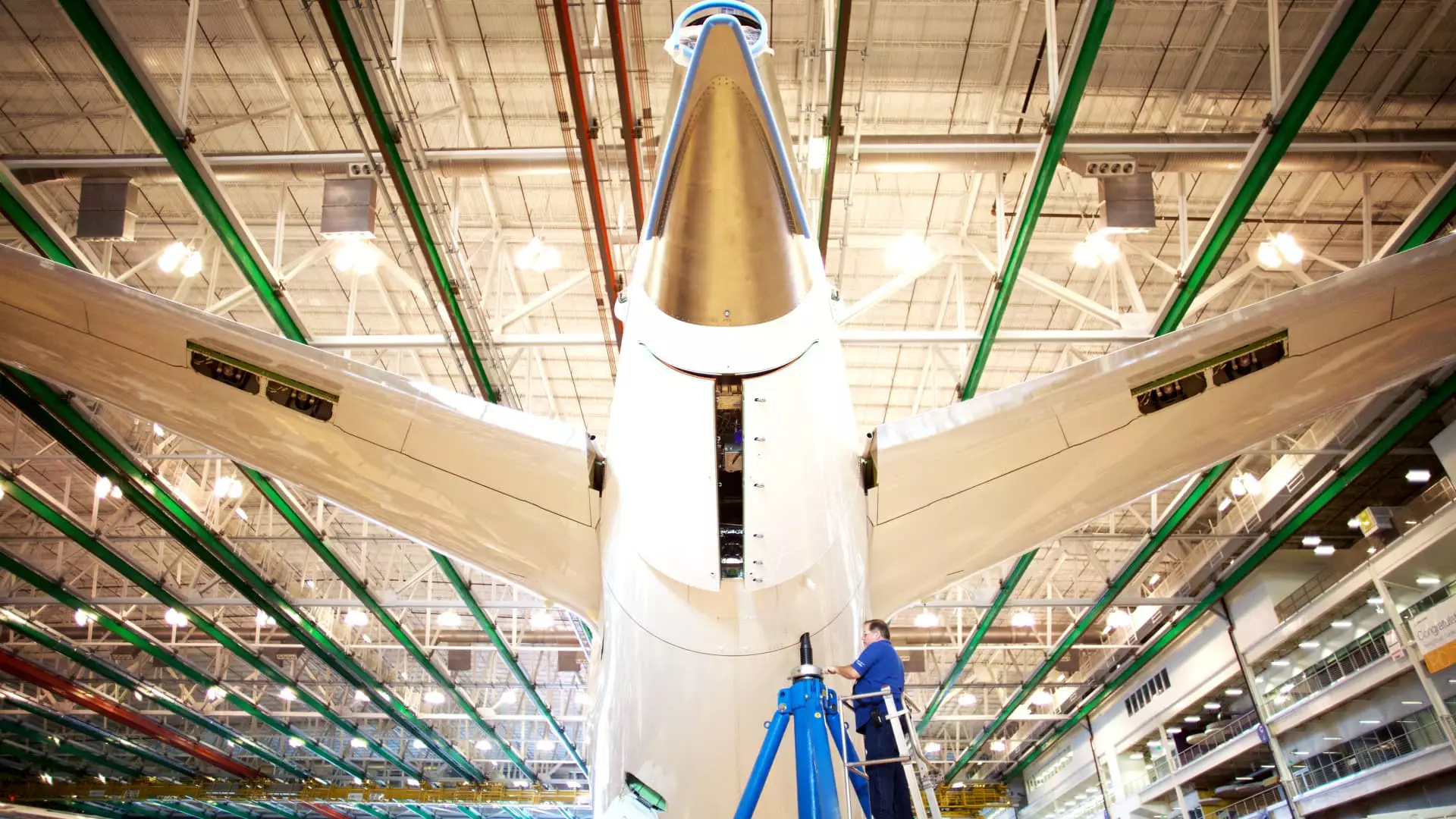Boeing recently faced allegations from a whistleblower, Sam Salehpour, regarding the quality and safety testing on its 787 Dreamliner and 777 aircraft. Salehpour claimed that Boeing took “shortcuts” to speed up production, leading to potential issues with the planes’ lifespans. However, Boeing quickly denied these allegations, stating that they were “inaccurate” and affirming the safety of their aircraft.
The timing of Salehpour’s claims comes as Boeing is already under intense scrutiny following an incident involving a 737 Max plane in January. The incident, where a door plug blew out at 16,000 feet, raised concerns about the safety of Boeing’s best-selling narrow-body aircraft. As a result, the Federal Aviation Administration has halted Boeing from increasing production of the plane.
Despite the allegations, Boeing engineering managers presented a detailed account of the stress and safety tests conducted on the 787 Dreamliner. These tests included subjecting the plane to 165,000 cycles to mimic flights and striking the fuselage with a 300-pound pendulum. Chief engineer Steve Chisholm emphasized that the tests exceeded what the aircraft would experience in service, with no negative impact on the fuselage panels.
Salehpour’s allegations focused on the assembly process of the 787 Dreamliner, highlighting potential issues with the joining of carbon composite fuselage pieces. He claimed that Boeing used excessive force and did not properly measure the gaps between the pieces. However, Boeing refuted these claims, stating that the structural integrity of the 787 was not compromised, and the issues had been thoroughly examined under FAA oversight.
Salehpour also alleged that Boeing retaliated against him for raising concerns by excluding him from meetings and moving him off the 787 program. Despite these claims, Boeing reiterated its confidence in the safety and durability of its aircraft, emphasizing the rigorous engineering examination conducted to address the issues raised by Salehpour.
The allegations made by the whistleblower against Boeing have sparked controversy and raised questions about the safety and quality testing practices of the aircraft manufacturer. While Boeing has defended its processes and safety measures, the ongoing scrutiny and investigation highlight the importance of transparency and accountability in the aviation industry. As the industry continues to evolve and face new challenges, ensuring the safety and reliability of aircraft remains paramount.

